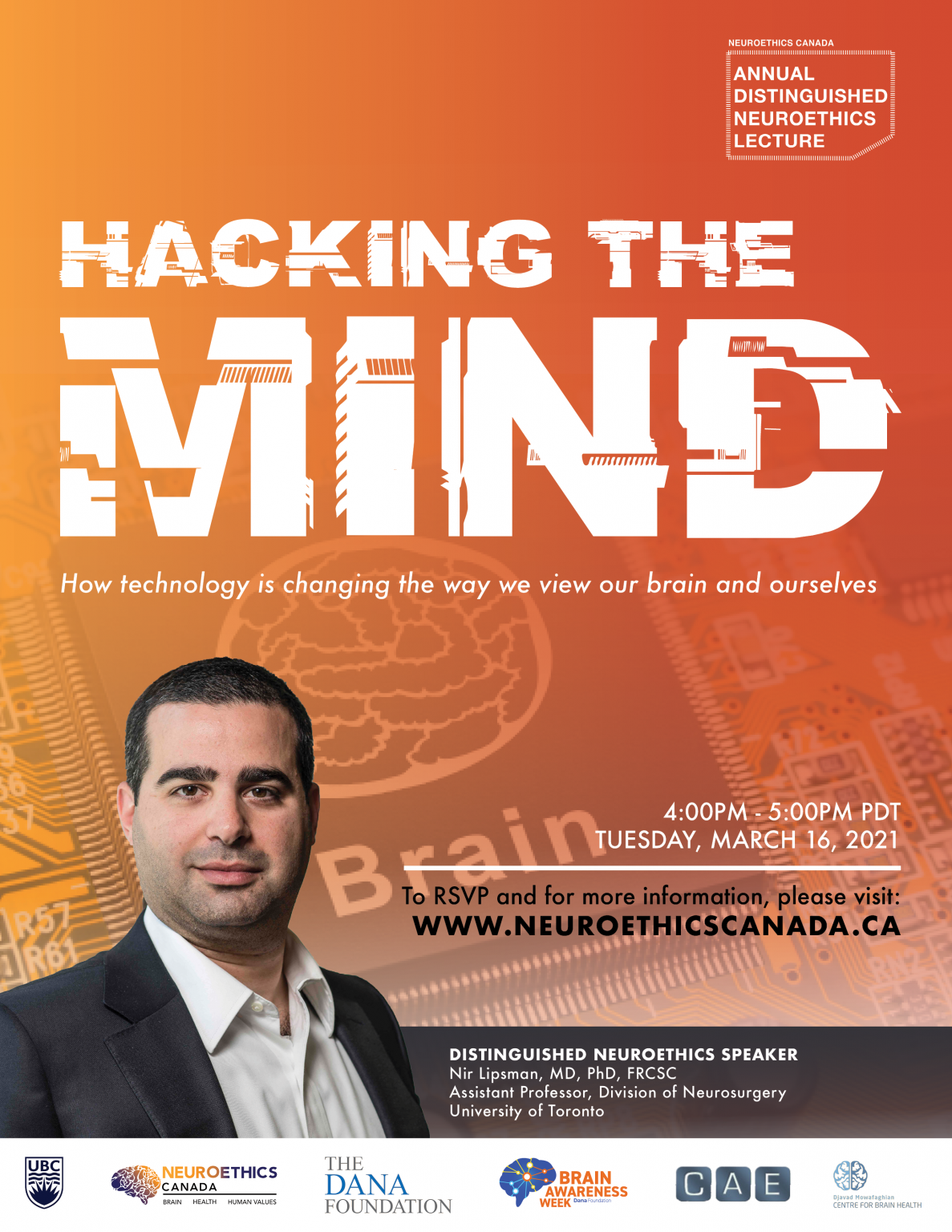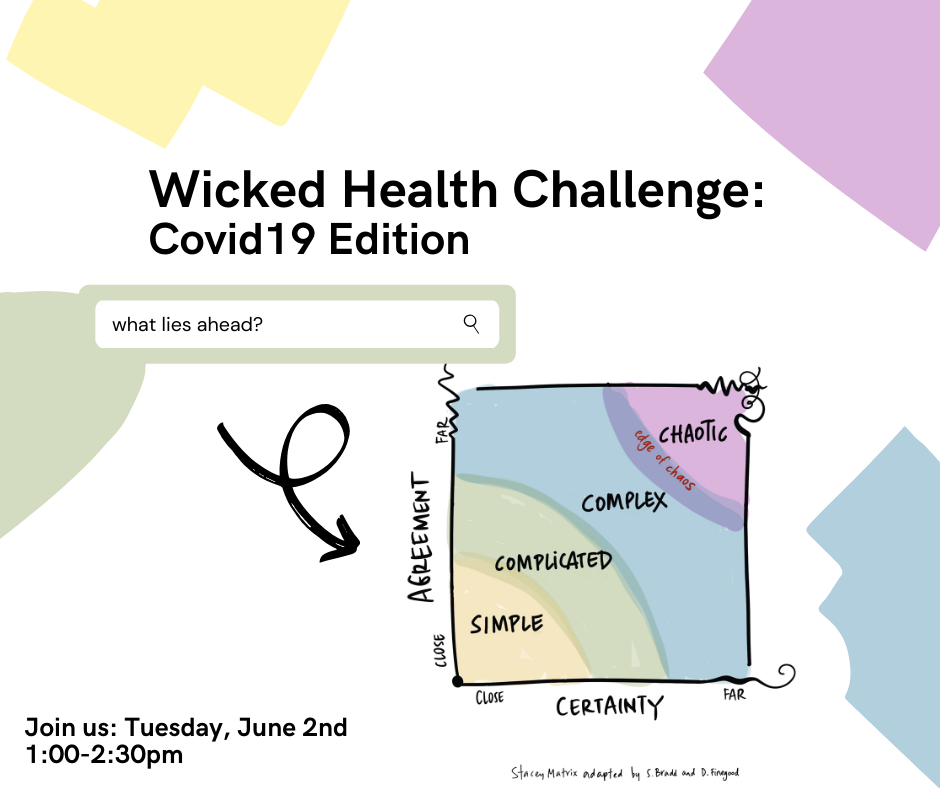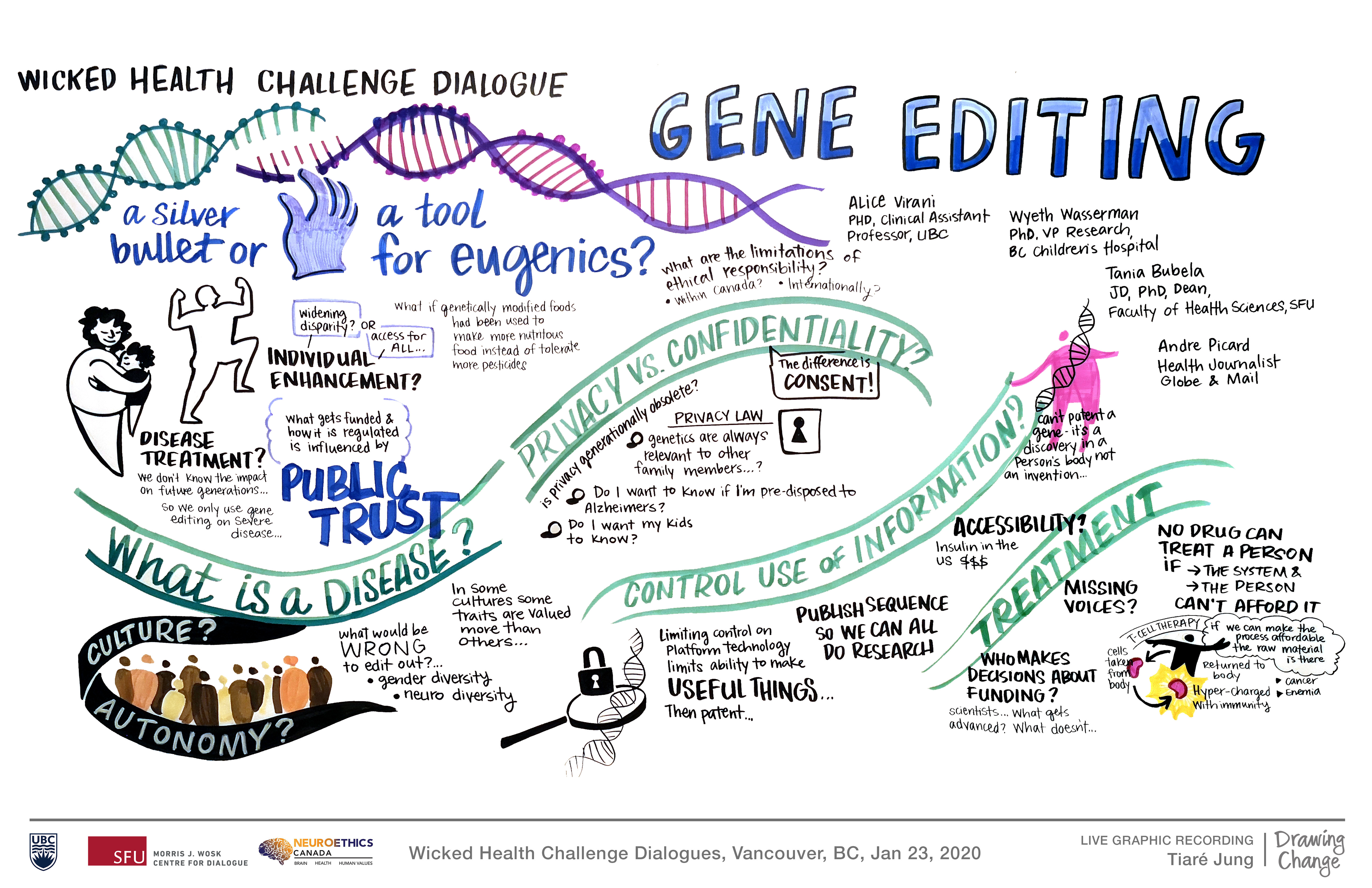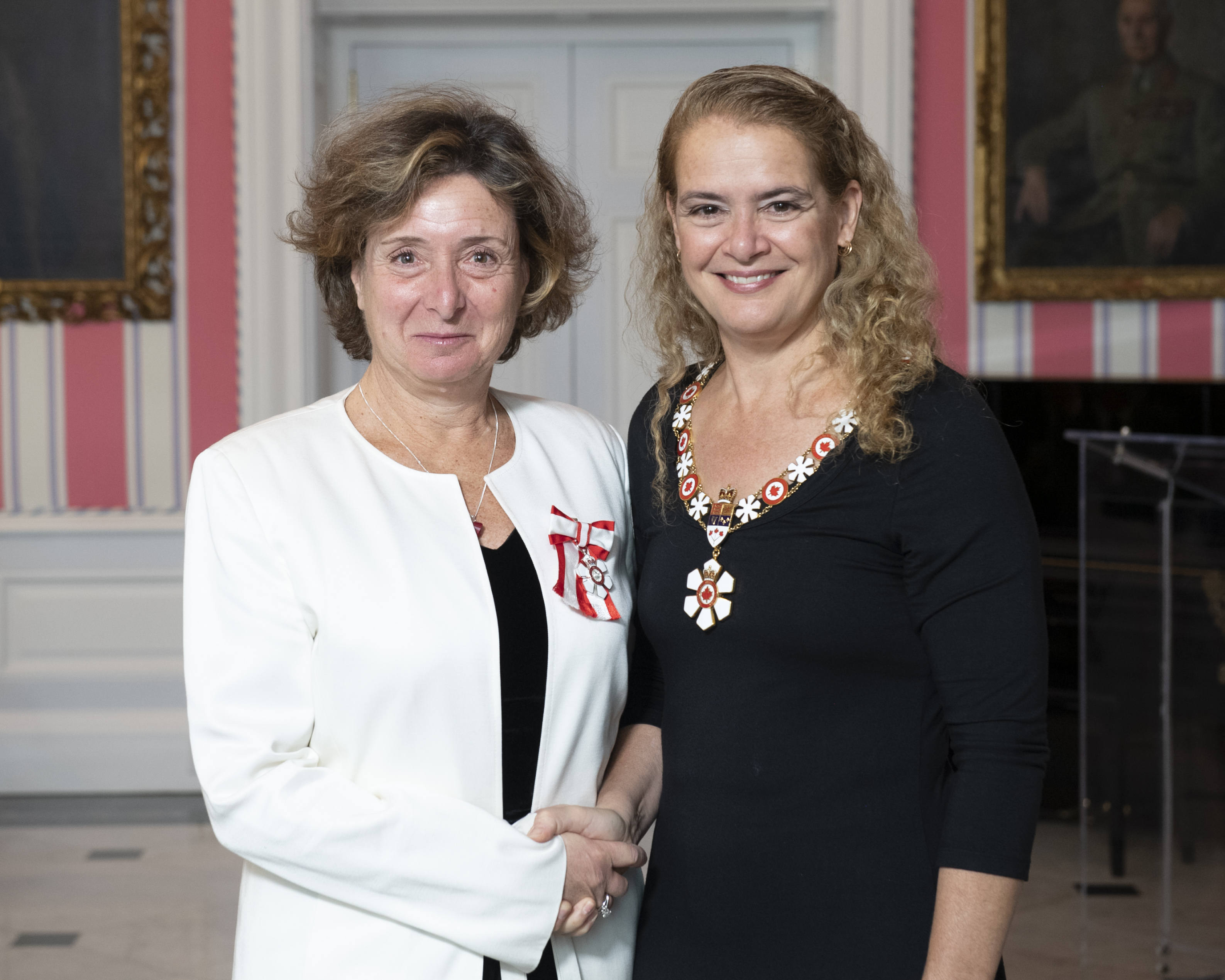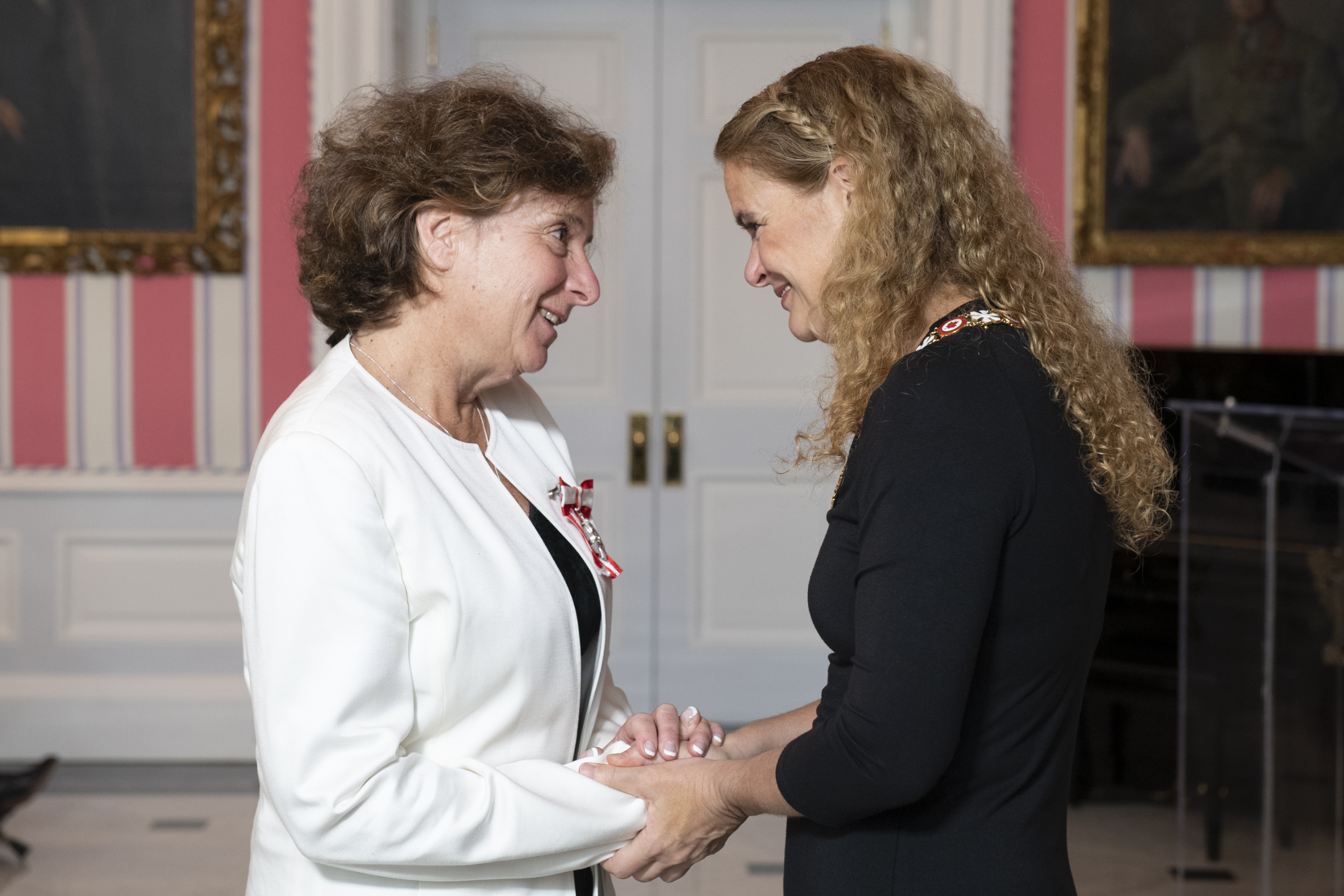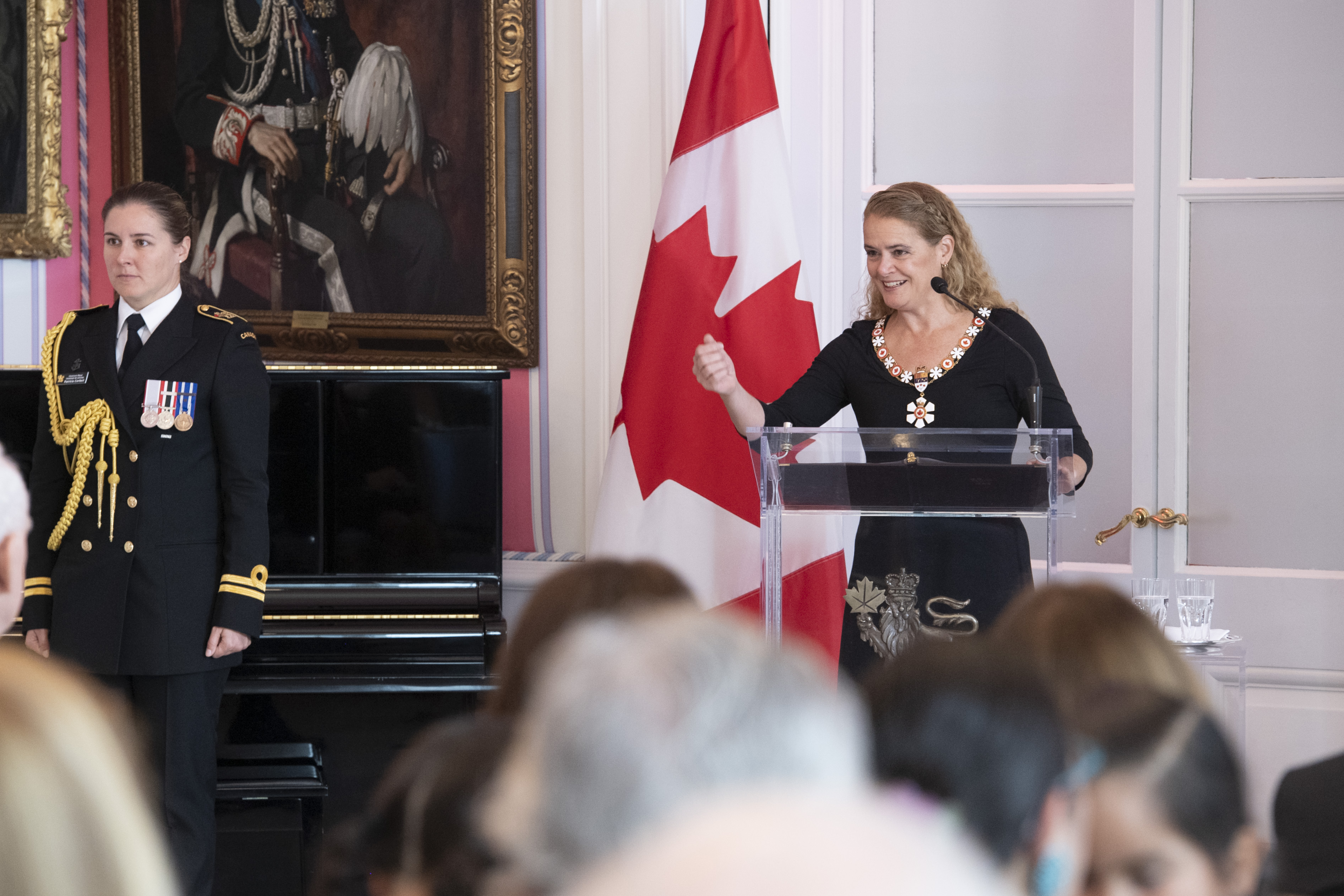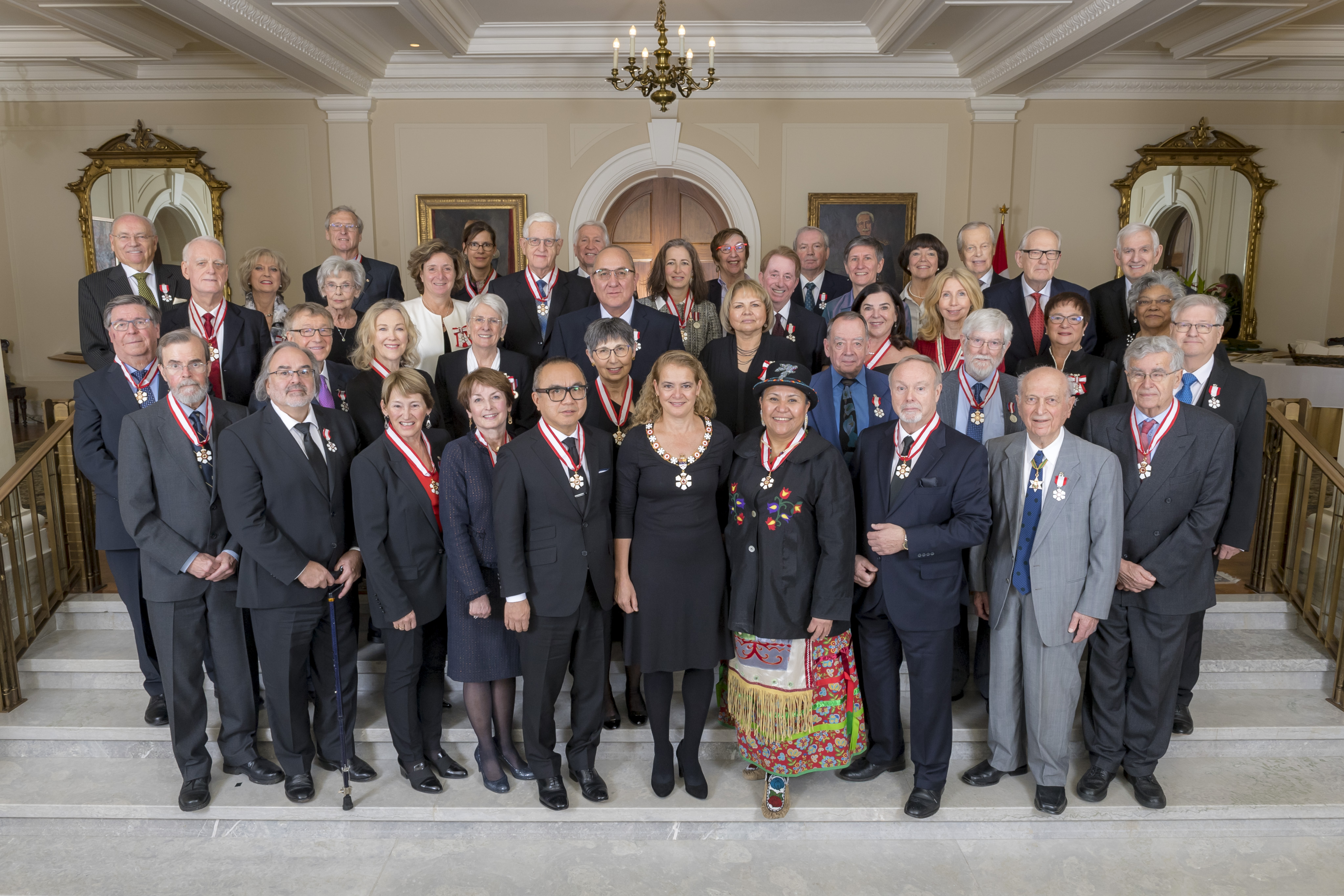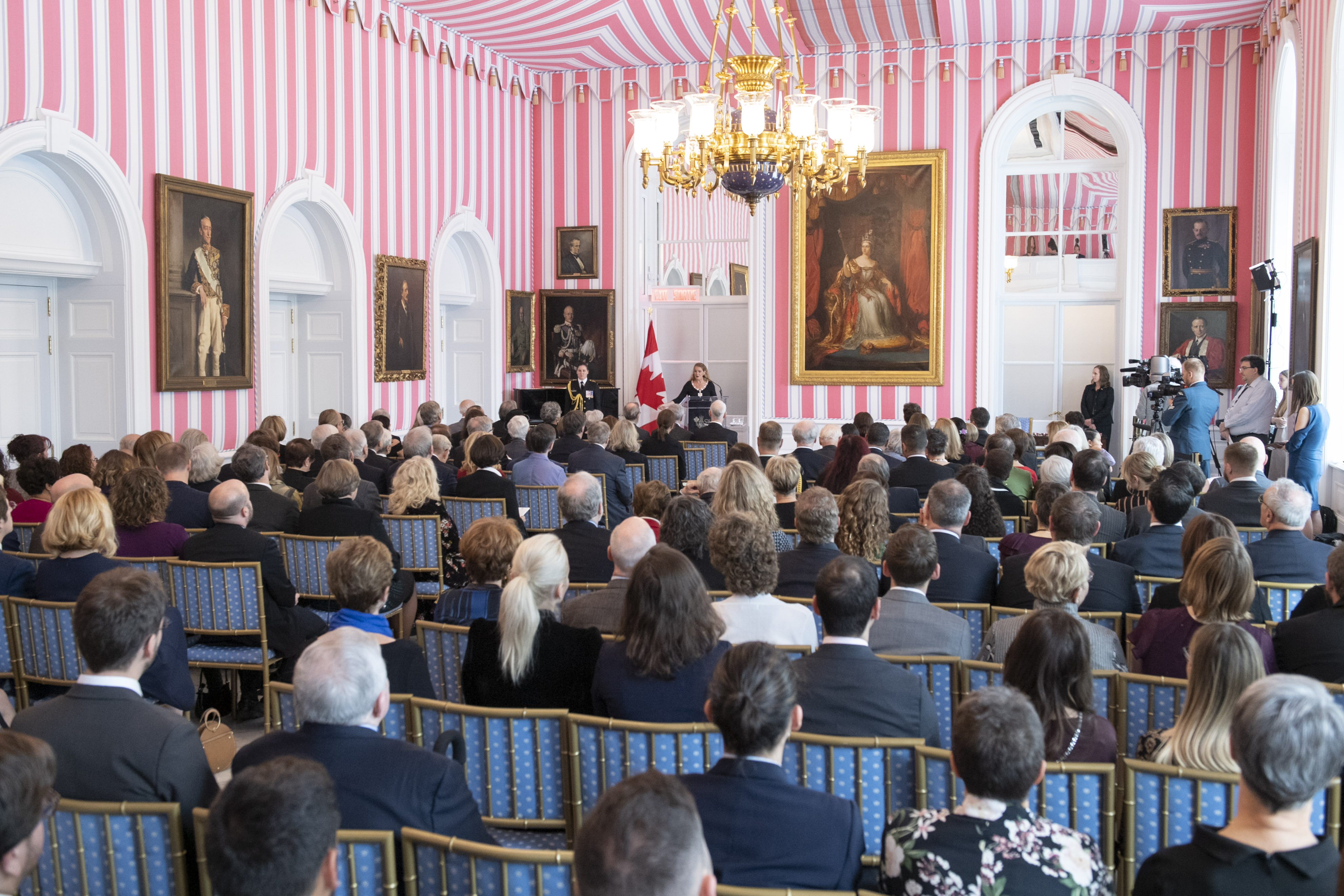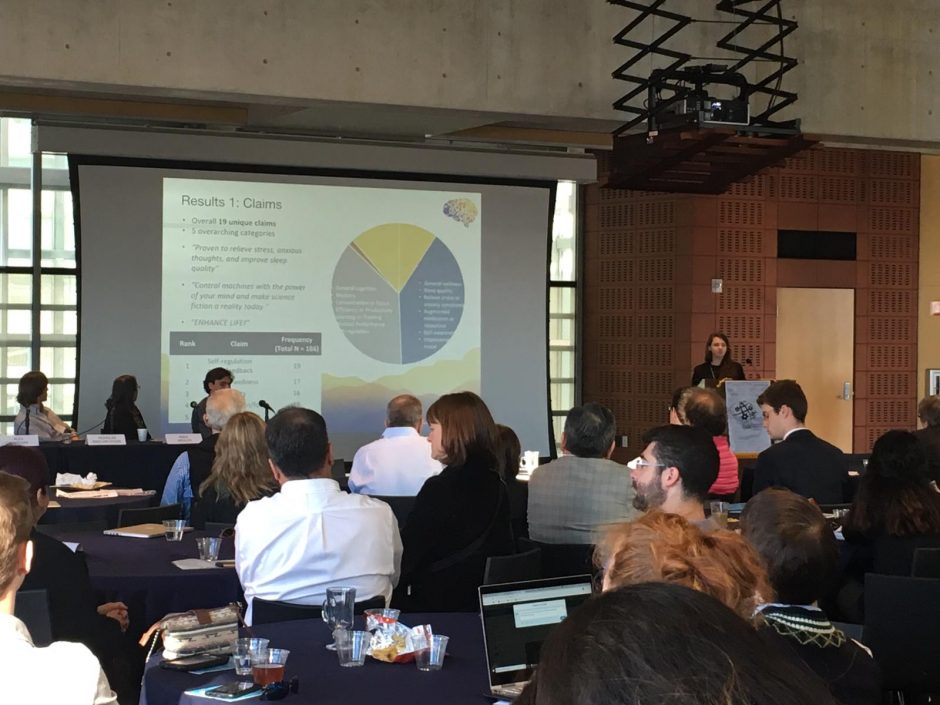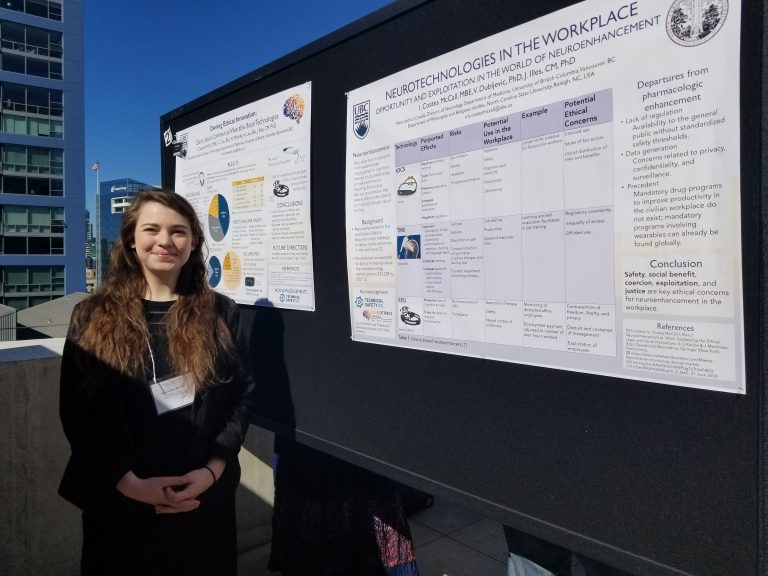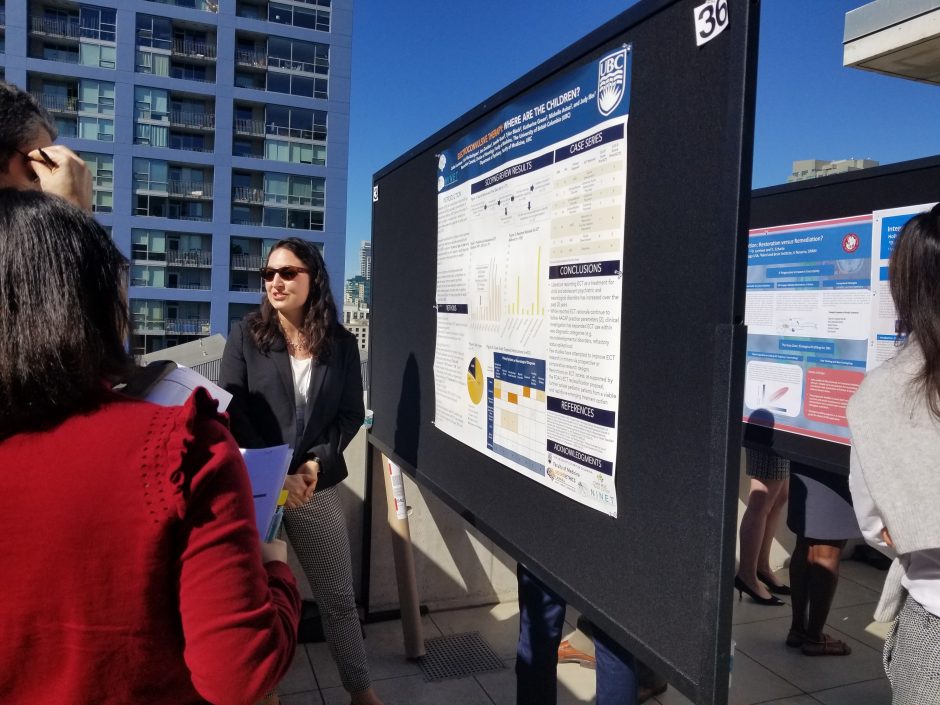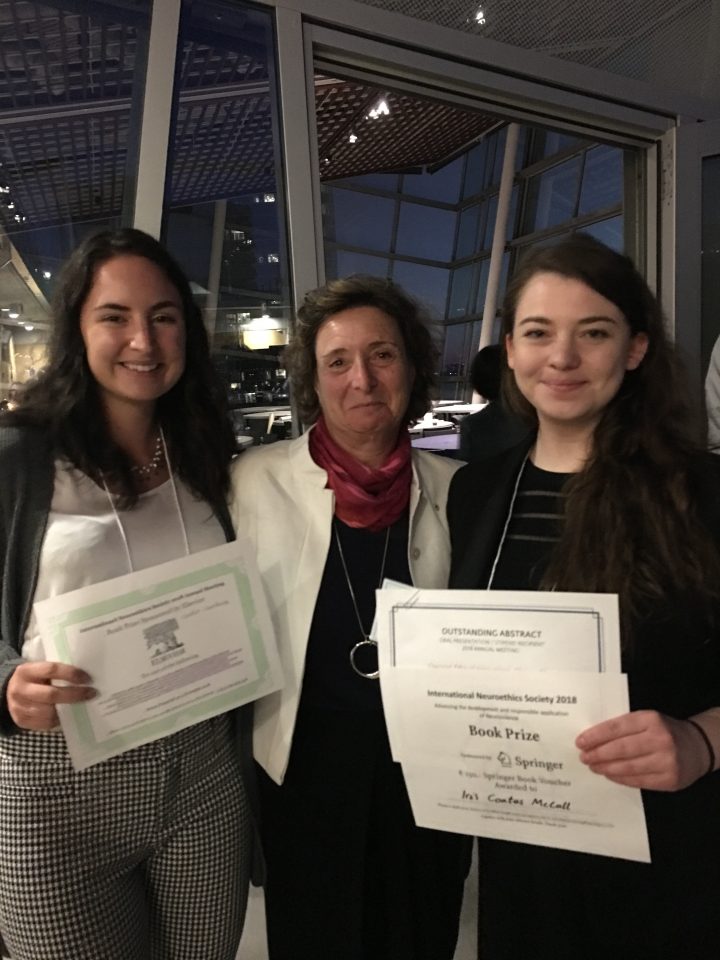Millie Huang
Neuroethics Canada Blog
A central set of behavioural principles governs the inability of humanity to consider complex, compound, and collective threats like climate change—and now, COVID-19—as moral problems.
Here, I will briefly comment on the moral analogy between the two crises using four psychological factors to explain climate inertia: cognitive complexity, uncertainty-generated optimism, tribalism and scapegoating, and temporospatial separation. By establishing how both global crises intersect in remarkably similar ways in terms of moral behaviour, I will discuss how research on COVID-19 public health adherence can promote future collective action on the climate issue.
Psychological factors
Cognitive complexity: As stated in a 2012 article by Markowitz and Shariff (1), people struggle to form strong moral intuitions in response to complex problems requiring cognitively-effortful processes to understand.
Climate change is a quintessential example: it non-linear, consisting of non-proportional inputs and outputs, abrupt changes and tipping points, and feedback loops. These components interlock in complex ways that are not fully understood, leading to significant misconceptions among the general public. Exponential growth bias (Fig. 1.), the cognitive tendency to linearize trends, leads to gross underestimations of the threat posed by exponential progression and leads to hazardous policy delays. Moreover, climate change lacks a simplifying moral framework—one that involves intentionally caused harms to which brain regions responsible for moral judgment are most sensitive (2). Instead, climate change is commonly attributed to natural causes, with some people denying any degree of human involvement.
Fig. 1. A visualization of exponential growth bias. Source: M. Huang 2021©
COVID-19 demonstrates the same nonlinearity. An infectious disease is a textbook example of exponential growth (Fig. 2): within a period of one month, COVID-19 infection rates rose from 58 to more than 150,000 in the USA alone (3). Given the natural origins of the virus, COVID-19 lacks clear human perpetrators. People may be ignorant of their role in disease transmission especially if they are asymptomatic. This is only one complicating factor in COVID-19’s complex transmission including long incubation periods and multiple risk factors. The misinformation epidemic further impedes health guidelines and fosters public mistrust in scientific and public authorities. Overall, underestimation of the viral spread at early stages led to dangerous delays in policy action: a mistake estimated to cost approximately 36,000 lives in the USA (4).
Fig. 2. COVID-19 deaths per million in the early pandemic, as of April 23, 2020.
Source: European CDC; Our World in Data. (5)
Uncertainty-generated optimism: Uncertainty is another defining feature of the climate crisis. Due to the complex dynamics that underlie environmental change, our best predictions for the impacts of climate chance inevitably fluctuate (Fig. 3). Well-intentioned use of probabilistic phrases such as “likely” and “very likely” in mainstream climate reports to encompass these predictions however can mediate poor risk perception and encourage the overestimation of positive future outcomes (6).
Fig. 3. 90% confidence intervals representing statistical uncertainty in global temperature predictions, color-coded by relative contribution to total uncertainty. Source: Ed Hawkins. (7)
The COVID-19 crisis is also highly uncertain, especially at its outbreak due to limited and rapidly-changing information. This increased uncertainty and scepticism, compounded by viral misinformation (8) on social media and the internet. For the COVID-19 pandemic, the lack of past experiences to anchor predictions hindered accurate risk appraisal. This is evident in the disparity in preparedness between countries that had residual awareness from the 2003 SARS epidemic compared to countries facing the pandemic anew (9). Novel research suggests that risk perception is directly correlated with engagement in protective health behaviours during COVID-19 (10). Thus, modelling effective climate risk communications to amplify scientific clarity remains crucial.
Tribalism and scapegoating: When faced with blame, individuals tend to invoke cognitive biases that downplay their own culpability and scapegoat others (11).
As the tragedy of the commons unfolds around environmental issues, some countries refuse to make economically-limiting emissions cuts unless major competitors do the same (12). The concept is tied to moral tribalism: personal, political, and national identity that contribute to discordant perspectives and in-group favouritism. As individuals strain to understand beliefs that conflict with their own, political polarization of climate change threatens beliefs about scientific validity, threat-level, and personal responsibility.
Similar biases are relevant to the COVID-19 pandemic. Public health officials, immigrants, and Asian communities are frequent targets of scapegoating (13, 14, 15). Support for mitigation measures is divided among ideological camps in polarized countries like the USA, reflected in polls (15) and public media. This isolating rhetoric amplifies social divisions and withholds focus from collective responsibility.
Temporospatial separation: A major problem in framing the climate issue is that it is distant, with the most severe impacts befalling not present polluters, but the global poor, future generations, and non-human species. Prosocial moral judgment, still adapted to ancient life in small tribes, favours in-groups rather than psychologically-distant out-groups (16). Certain areas in the social brain activate to a greater extent for proximal individuals, boosting emotional association, empathy, and altruistic motivation. The suffering of distant individuals, including oneself in the future, fails to activate these regions and blunts empathic responses (17). Consequently, many people may believe there is mutual exclusivity between present-day benefits such as socioeconomic development and future-oriented climate change mitigation measures.
This concept drives the largest wedge between the analogy, as COVID-19 is clearly a more short-term phenomenon with visible present-day consequences. However, if the timeline of the pandemic is made relative so that we look at its early stages, it is clear that both crises still present similar challenges. A virus originally localized in East Asia did not elicit countermeasures in countries that had yet to report their first case. One of the main counterarguments against stringent COVID-19 regulations is economic losses, including high unemployment rates. The virus is also sharply unequal in impact. It may be deadly for vulnerable populations, while others may experience little to no symptoms. Systemic inequities exacerbate health inequalities, making certain groups more susceptible to the pandemic, including immigrants, racial minorities, and those of low-socioeconomic status. However, adherence to public health recommendations during the pandemic is partly predicted by pro-sociality towards these aforementioned at-risk populations—highlighting the importance of individual awareness of the collective (18).
The tale of two crises
To avoid the most severe effects of climate change, humanity must reach net carbon neutrality by 2050 (19, 20), requiring rapid, drastic, and systematic changes across societal levels. However, we display an overall apathy towards the economic and lifestyle sacrifices necessary to do so (21).
COVID-19 is a largely different story: lifestyle and economic interests have taken a back-seat to public health. The large part of society is proving itself capable of prioritizing and rapidly adapting to public health measures, sacrificing normal activity like work, school, and social gatherings. There exists a clear priority, one that has led to significant beneficial health outcomes—a study published in Nature (22) estimates that anti-contagion measures averted approximately 495 million infections in China, South Korea, Italy, Iran, France and the United States. Why then, has the world effectively adapted to an infectious disease, but remains unsuccessful in making similar sacrifices for the climate? Perhaps, it is because of the immediate impact of COVID-19 compared to climate change, or the perception that the pandemic is time-limited whereas climate change requires long-term mitigation efforts. While inherent differences make it difficult to distinguish underlying factors, moral judgment may play a central role.
Scientists are addressing these questions in the form of novel research regarding the socio-behavioural motivators of public health adherence. This includes data on prosocial emotions, trust in scientific and governmental institutions, and risk perception (23). By identifying the behavioural factors behind successful public health campaigns, corresponding insights may be drawn for climate mitigation. Altogether, the findings may be consolidated into public communication strategies that translate diffuse challenges into clear mental models that support individual commitment to collective action.
Conclusion
The United Nations Economic Commission for Africa has stated that “COVID-19 lessons offer hope for global efforts to address climate change impacts” (24). Indeed, climate change researchers and communicators alike are recognizing the potential that the COVID-19 pandemic has for providing a template for climate response. This does not entail reframing pandemic response as a precursor for climate change mitigation efforts, but rather clarifying the behavioural motivators underlying successful public health interventions, and connecting these motivators to public communication strategies.
An interdisciplinary approach that combines the knowledge of behavioural scientists, environmental scientists, and communications experts is essential for any effective response to the climate crisis. Policymakers should support behavioural measures, remove structural obstacles to adherence, and promote individual liberties and justice within public ethics strategies.
To echo environmental ethicist Dale Jamieson, the climate problem cannot be solved with only scientific or technological advances. Instead, the solution concerns our values:
It is about how we ought to live, and how humans should relate to each other and to the rest of nature. These are problems of ethics and politics as well as problems of science. (25)
The rapid reaction to the COVID-19 crisis shows that we are more than capable of overcoming psychological roadblocks in order to confront shared challenges. The why behind this outcome is a research gap that we have an ethical obligation to fulfill—for our own sake and that of future generations.
After all, although climate change is much more prolonged a crisis than the current pandemic, it is no less urgent.

Millie Huang is a Research Assistant at Neuroethics Canada.
She is a 3rd year student at the University of Pennsylvania, studying Neuroscience and Classics.



